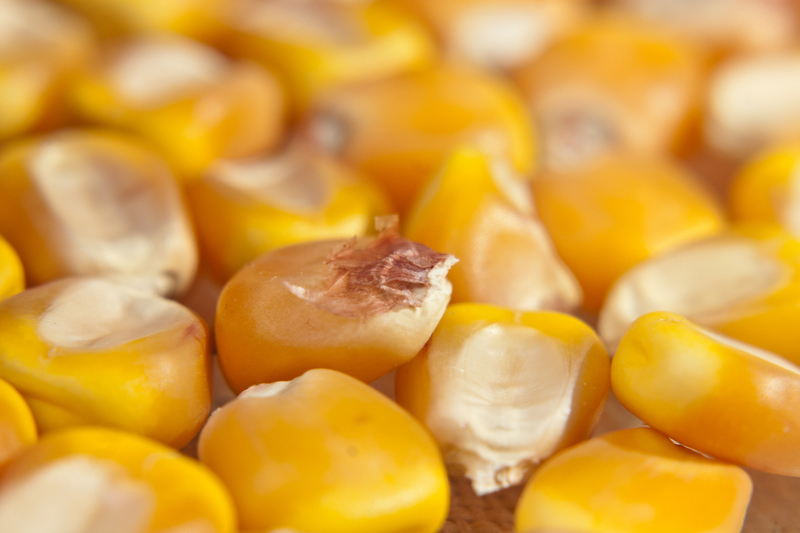US corn to South Africa?

Last year, El Niño created a severe drought in South Africa creating a corn deficit. Lagging biotech trait approvals in South Africa are hindering the country’s ability to source corn from the United States, but this might change.
A team including US Grains Council (USGC) staff therefore met with South African grain importers, end-users and government officials regarding the country’s white and yellow corn deficit.
“Under normal climatic conditions, South Africa is a net exporter of approximately 1 million metric tons of corn (39.4 million bushels) each year,” said USGC Manager of Global Trade Manuel Sanchez, who participated in the mission. “However, with this year’s drought reducing their corn production by more than 40%, it is estimated that South Africa will have to import about 3.5 million tons (137.8 million bushels) of corn.”
Lagging biotech trait approvals in South Africa are hindering the country’s ability to source corn from the United States, therefore South Africa is sourcing its yellow corn from Argentina because the 2 countries’ biotech approvals are compatible. However, Argentina does not produce white corn, so the country is sourcing that commodity from Mexico. The United States has the ability to provide both if these barriers could be overcome.
“We met with key decision makers in the country to promote the imports of US feed grains and explore biotech constraints, which are limiting our exports to this market,” said Philip McCoun, Kentucky farmer and chairman of the Kentucky Corn Promotion Council, who also participated in the mission as a member of USGC’s Middle East and Africa Advisory Team. “We were well-received by the groups we met with and determined areas of follow-up, including training programmes and educational activities to promote US distiller’s dried grains with solubles (DDGS).” The Council will continue to monitor and work with this market in order to develop its demand for US coarse grains and co-products as well as with other markets also affected, including Mexico.
[Source: US Grains]











